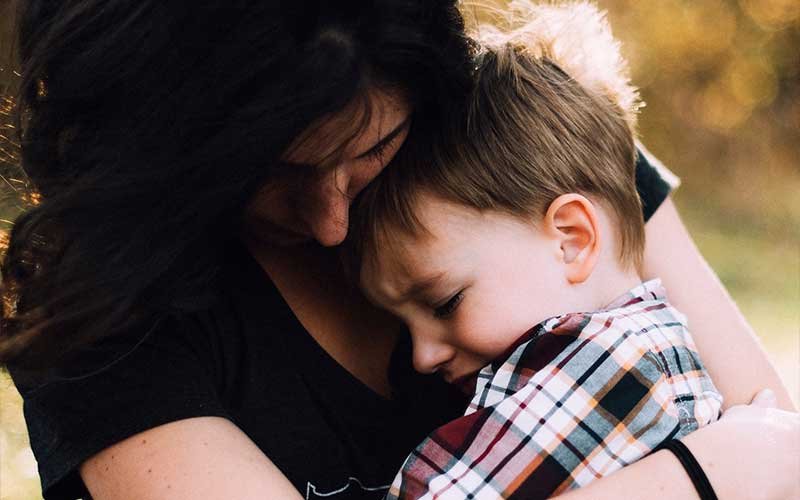
When we say mind the child and not his behavior, there’s an entirely different dynamic involved. If parents interpret a child’s misbehavior inaccurately, they will start to have a feeling of fear. This fear can eventually lead to guilt, finger-pointing, or worse, shame, and all other negative emotions.
When this happens, a parent will tend to focus on eliminating the child’s behavior so that they will not have to experience all the negative feelings that come with their child’s behavior. Although our goal as parents is rearing well-mannered children, we should understand that focusing on a child’s behavior to eliminate all the negative feelings that it gives us is prioritizing our interests and not that of our children.
Most parents think that ignoring a child’s misbehavior encourages the persistence of that behavior. That is erroneous reasoning based on parental fear. In our society, where every wrong deed is reprimanded, we see punishments as the best way of instigating change in behavior. It’s like making someone do everything you want by putting a gun to their heads. However, this approach is not beneficial for the relationship. In contrast, it only injects more fear to the parent and the child.
If parents have these negative feelings, they will fail to see and understand the reason behind their child’s misbehavior. We should recognize that our children, like us adults, act out or misbehave not because they want our attention, but because they need it. If we can recognize and comprehend this, we can ignore our children’s misbehavior and focus instead on the reason why they are acting that way.
Just as some adults need time and help in sorting out their feelings, more so do children need their parents’ help in addressing the emotions they are dealing with. We must always remember that a child’s misbehavior lessens when he feels loved because he has learned how to regulate themselves.
When we fail to recognize and address our feelings as parents, we will always focus on eliminating our children’s bad behavior so we can suppress those negative emotions it makes us feel. This approach only contains the behavior for a particular time and will persist when the child feels the emotions that trigger the response again.
As parents, we must take time to mindfully listen to our children’s feelings, helping them recognize and deal with the roots of their behaviors. This will make us understand them better and be there to make them feel loved, especially during the times that they don’t seem and feel lovable.
If you want to know more about being a foster parent, we at Courage Community Foster Care are willing to walk you through the process. We are based in Colorado, and you can call us at 719-321-4319 or you can also send us an email at kerrih@fostercourage.com.

Recent Comments